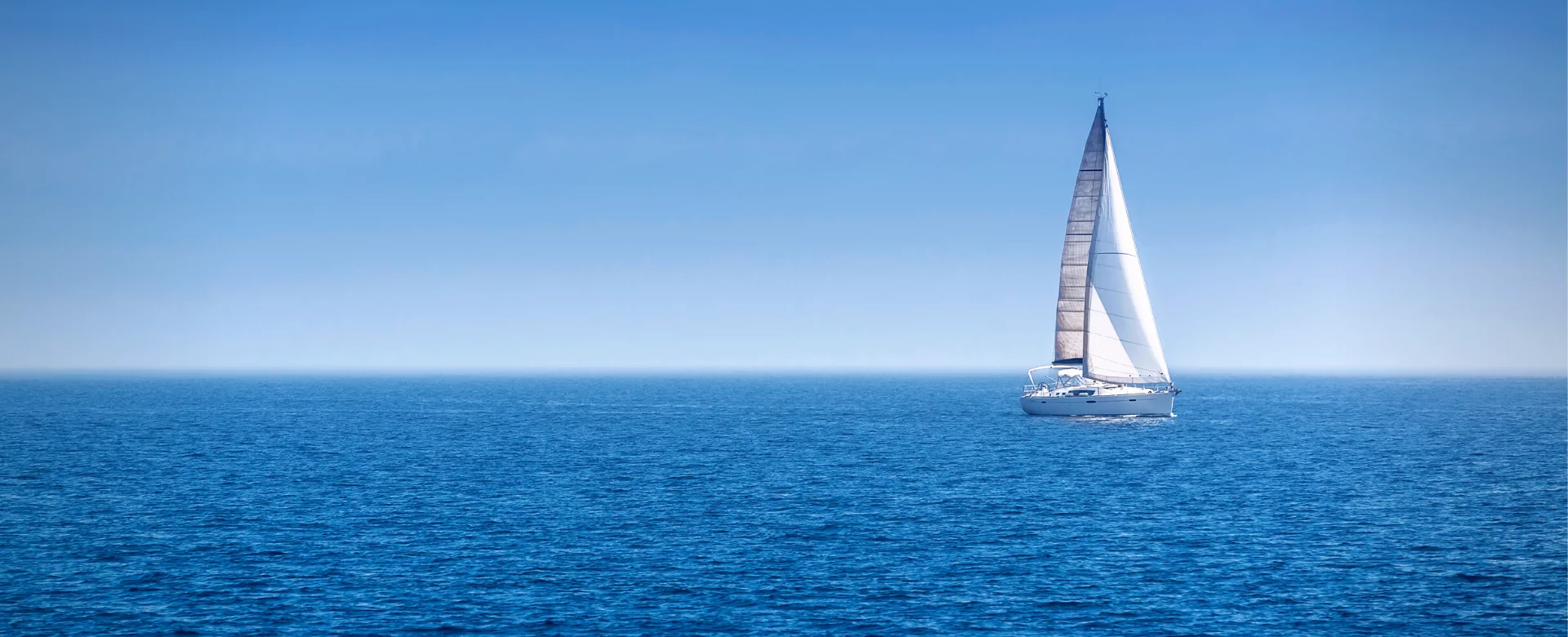8:00AM - 5:00PM
Monday to Friday


Why do businesses fail? Well, after spending quite a number of years exploring this question, I have so far failed to find an outright answer. The reasons for business failure are numerous: from actions to inactions of top management; from poor organizational processes to flawed business models; and from lack of resources to sheer bad luck.
While I cannot tell with complete certainty what the real causes of business failure are, I can tell, with a good degree of confidence, when an organization is headed for failure. Almost all business failures are surrounded by plenty of danger signals or red flags (which are often ignored) and one of them is excessive ambition.
You see, ambition in business can be a double-edged sword: On the one hand, ambition is the engine of business growth and success. It keeps you going even during tough times and allows you to dream beyond your current circumstances. On the other hand, ambition, especially when it is excessive, can blind you from the realities and impending danger and lead the business right into the trenches.
And this is perhaps the situation that businessman Muhammed Hamid and Aya Group finds themselves in regarding Aya hotel (also known as Pearl of Africa hotel or Win 5 Hotel and Spa) and their entire business empire.
Excessive ambition could have motivated Mr. Hamid and Aya Group to take on this mammoth 296-roomed hotel project in 2007 that cost in excess of $300 million. The project was majorly financed by external debt, including the $118 million debt owed to the Industrial Development Corporation of South Africa Ltd (now a bad debt!) and it took nearly 10 years to be officially opened.
Apart from the hotel, Mr. Mohammed and his Aya Group are associated with several other investments in Uganda and abroad such as Aya Bakery Limited, Aya Mining Limited, Aya Biscuits Limited, Pan Afric Commodities Limited, Fifi Transport Limited and Aya Foundation. To successfully run all these diversified business segments, one requires a ‘thick skin’ and enormous resources.
Here’s what I have observed over the years: Often, when entrepreneurs and organizations experience prolonged periods of success, they develop an inflated sense of ambition and self-confidence. Their past achievements and victories then create a dangerous illusion of invincibility, leading them to believe that they are infallible and immune to failure. They stop recognizing the lurking threats and challenges that lie ahead.
As a result, these entrepreneurs and organizations choose to pursue outsized growth, much of which simply does not fit within the strategic insights that produced their success in the first place. They eventually fall prey to a lack of focus and discipline, thus jeopardizing their very own existence.
Business failure, as it turns out, is largely self-inflicted, and many times, revival is only be possible when those in charge return to the fundamentals and gain clarity about what is core, what should be held firm and what needs to change.
Ambition must, therefore, be disciplined. Entrepreneurs and organizations must ensure that their ambitions consistently align with their core values and strategic vision. They must stay connected to reality and only invest in new arenas where they can attain distinctive capability. Let these simple values serve as a moral compass to navigate through growth, success and adversity!
Mr. Mukalazi is the CEO, Talis Consults Ltd

The most important characteristics of blue ocean strategy is a new way of solving users’ pains, which means creating the solution no one expected to exist, but that everyone needed. This is called value innovation.“The best way to beat the competition is to stop trying to beat the competition” - Chan Kim and Renée Mauborgne
Read More